Man given one year to live after incurable cancer diagnosis defies the odds on revolutionary trial
Surrey care home manager Richard Condie, 64, was given a bleak prognosis in January 2021 but joined immunotherapy trial and now feels fighting fit
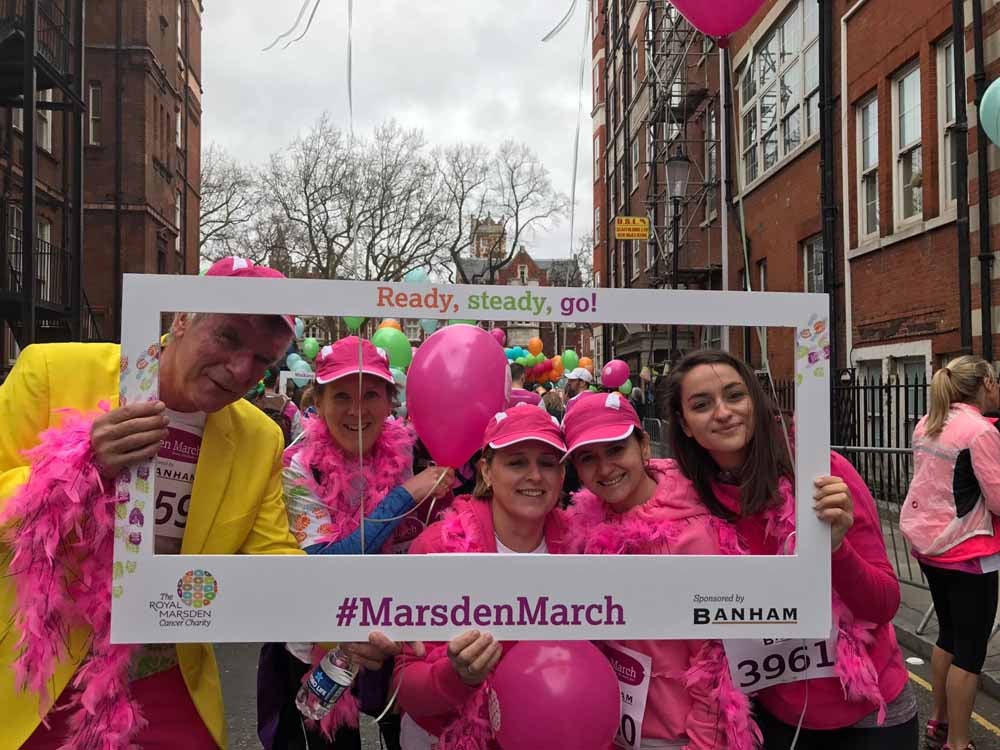
A care home manager with incurable bowel cancer has not only cheated death after being given 12 months to live, but is now best pals with the grandson he thought he would never meet — and is even joining a 15-mile fundraising trek next month.
Richard Condie, 64, was given a bleak prognosis in January 2021 when, six years after his original bowel cancer diagnosis in 2015, his specialists at the South London site of the Royal Marsden Hospital in Sutton told him it was now progressive, meaning it was incurable.
But Richard refused to be beaten and six months ago joined a trial for an immunotherapy treatment known as AFM24 and not only feels fighting fit, but got to meet his grandson Josh, two, for the first time in February when his daughter visited from Australia.
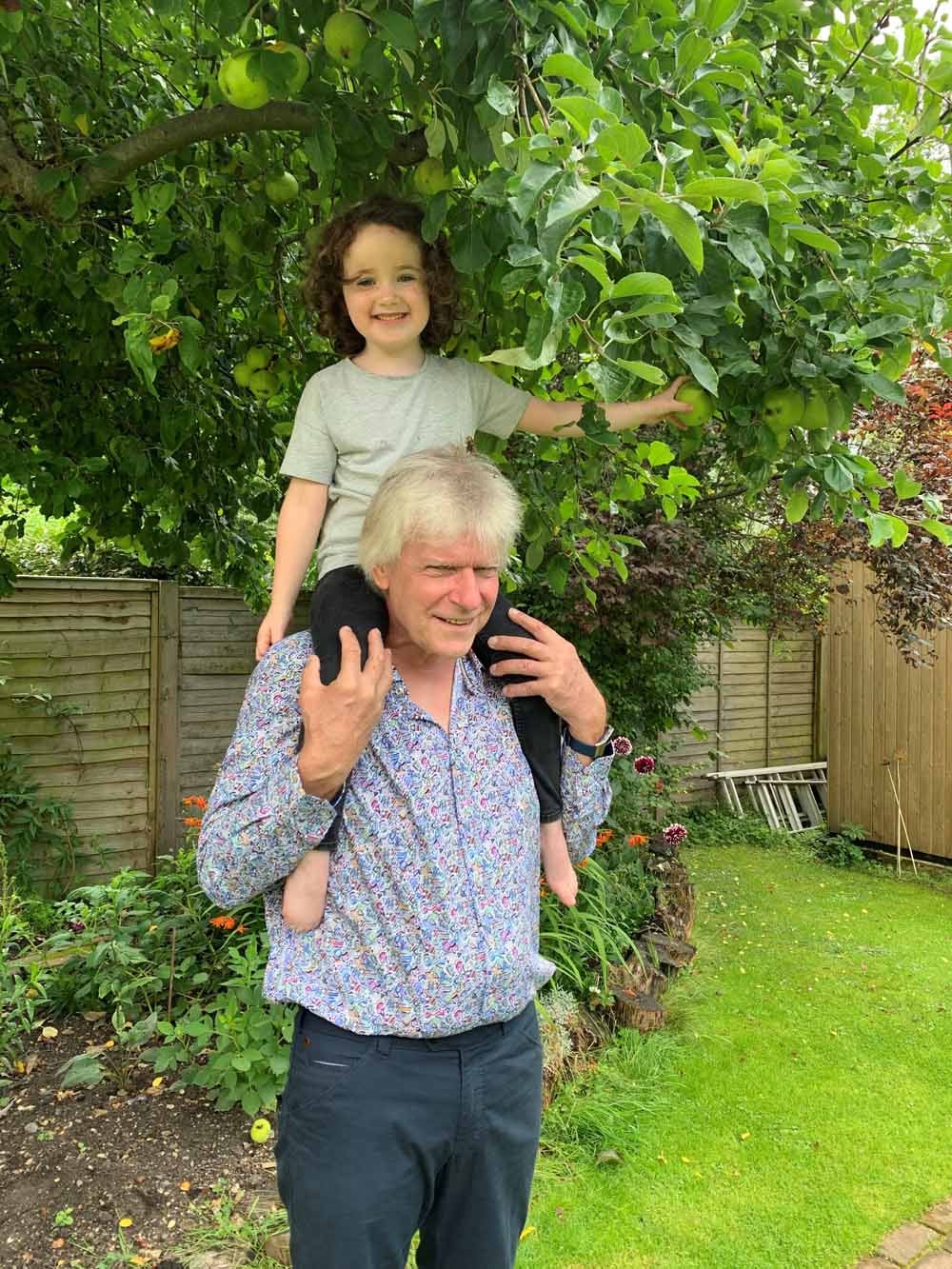
Richard, who lives in Burgh Heath, Surrey, with his wife, Judy, 61, a welfare manager, said: “The immunotherapy infusion which I spend three hours having in hospital every week has not only stabilised my cancer but has also shrunk some of my tumours.
“In January 2021 I was given a year to live, but I’ve beaten those odds and feel like I have second chance at life.”
Richard, who has three children, outreach nurse Catherine, 34, Michael, 33, who runs a landscaping company, and ground maintenance contractor Nicholas, 31, first realised something was wrong back in January 2015.
The future I had imagined with Judy and with us watching our four grandchildren growing up was lost.
He said: “I noticed there was blood in my stool and knew I needed to get it checked out. I went for an appointment at my GP surgery, who referred me to my local hospital for a colonoscopy.”
Results from the examinations and tests he had confirmed the worst and Richard was diagnosed with bowel cancer.
He said: “It was quite a shock and I had to have an operation to remove part of my colon in May 2015.”
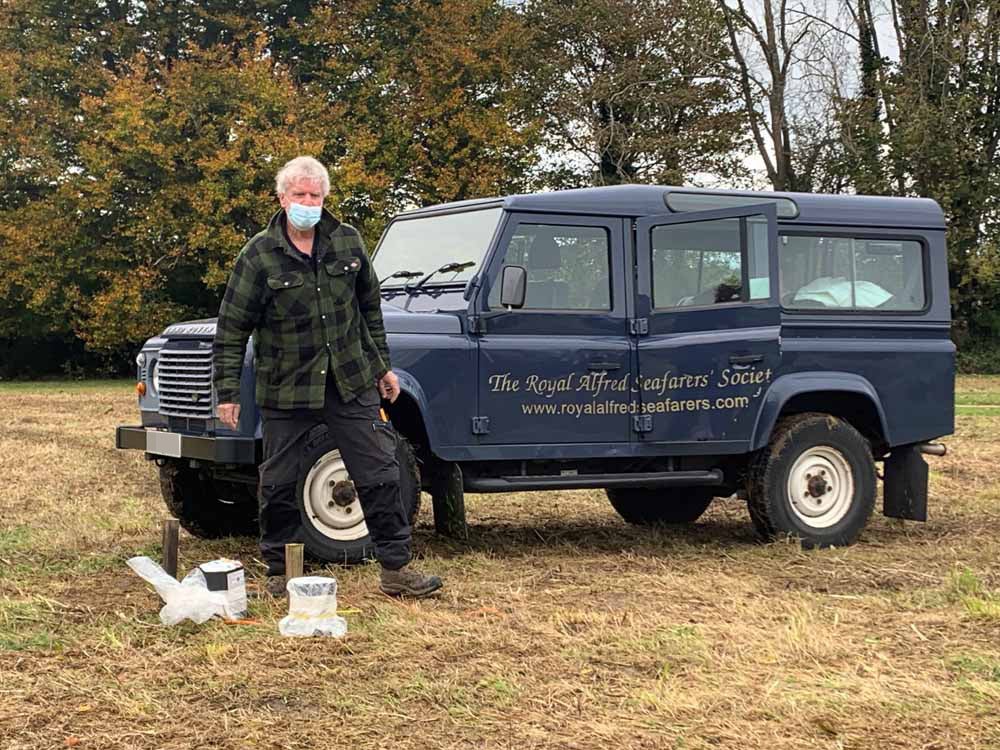
He added: “At the time, my prognosis looked okay and the cancer seemed very treatable, but it was at my final review in June 2015 that they discovered through tests that the cancer had spread to my liver.
“It was a bit of a blow as everything was looking positive up until that point.
“I had to go through eight rounds of chemotherapy, before having an op on my liver to remove the new tumours.”
I found myself having to come to terms with the fact that I might not ever get to meet my grandson.
The operation in the winter of 2015 was a success and Richard was given the all-clear.
He said: “It was a great feeling to be cancer free, but I still needed regular check-ups and it was a scan in summer 2016 that showed a reappearance of the cancer in my liver.”
Given more chemotherapy, Richard was dealt a devastating blow at the beginning of last year.
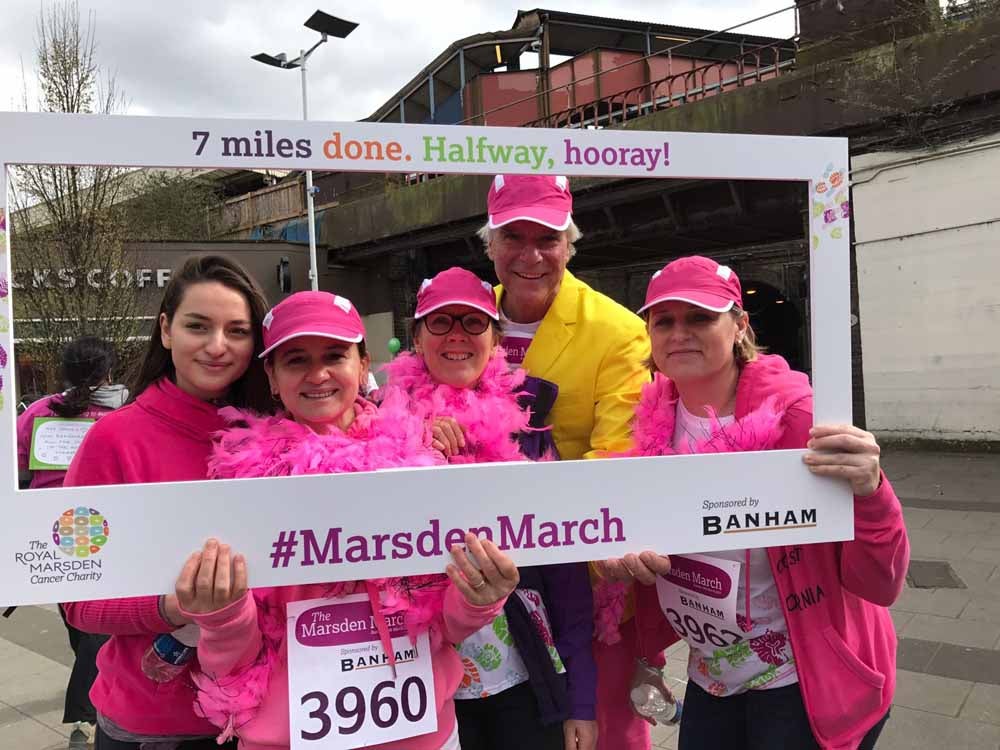
He said: “I went through extensive treatment with chemotherapy and since then doctors have been trying different options and treatments on me, but it got to the point at the beginning of 2021 where I had run out of options.”
Doctors dealt a devastating blow to Richard, informing him that he had just 12 months to live.
He said: “It was very upsetting to say the least. The future I had imagined with Judy and with us watching our four grandchildren growing up was lost.”
I was given a year to live, but I’ve beaten those odds and feel like I have second chance at life.
He added: “One of the most upsetting things was that my daughter lives in Australia and had her first child, Joshua, in 2019.
“Because of Covid, I still hadn’t met him and I found myself having to come to terms with the fact that I might not ever get to meet him.
“I had to think about all the things in life I had been able to do and at least I had been able to spend some time with my other grandchildren, Reuben, eight, Willow, four, and Ezra, one, even if I wouldn’t get to see them grow up.”
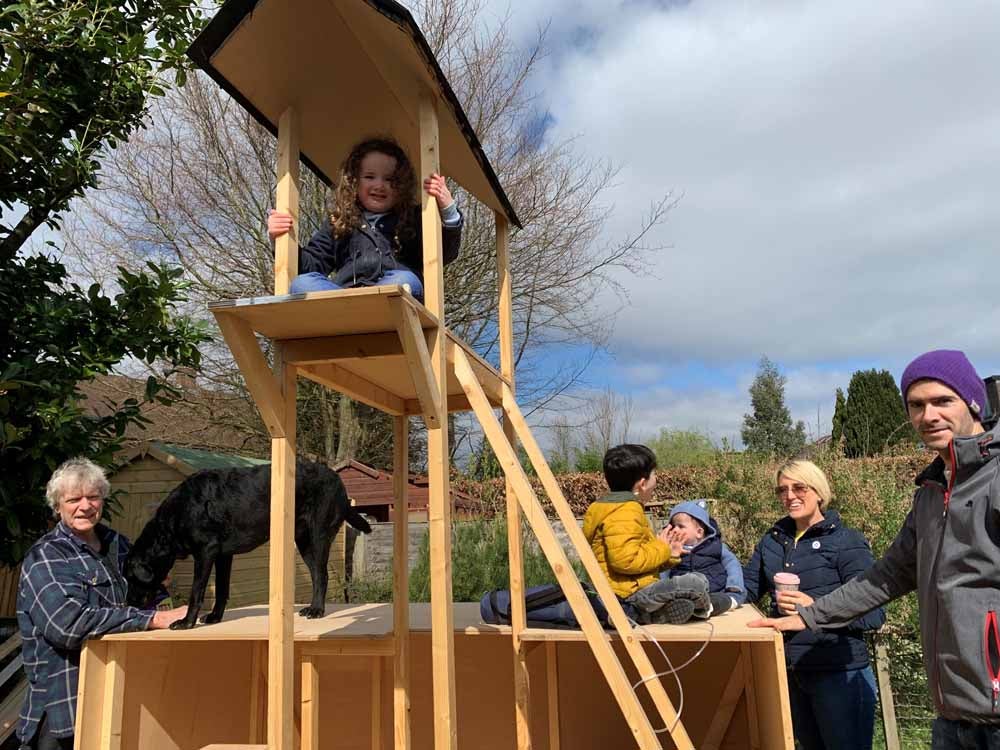
He added: “I’ve always maintained that it’s harder for the people who are left behind, although it’s very difficult to know that you’re going to leave your family.”
But hope arrived in the form of a trial treatment which was made available to Richard in October 2021.
He said: “My doctor told me that I was eligible for a trial of immunotherapy which I now spend three hours a week having done through an infusion at the Royal Marsden in London.”
I had to think about all the things in life I had been able to do and at least I had been able to spend some time with my other grandchildren even if I wouldn’t get to see them grow up.
The immunotherapy, known as AFM24, redirects the body’s own natural killer cells and engages them to kill tumour cells, without having to go through a complex process to re-engineer a patient’s own cells, as happens with CAR-T cell therapy – an established cancer treatment.
Researchers believe the new treatment has the potential to be safer and less complex than cell therapies and might also work against a wider range of cancer types.
It works by activating natural killer cells – immune cells that release toxic molecules to kill tumour cells – and directing them to cancer cells expressing EGFR (epidermal growth factor receptor) and increasing their ability to selectively kill them.
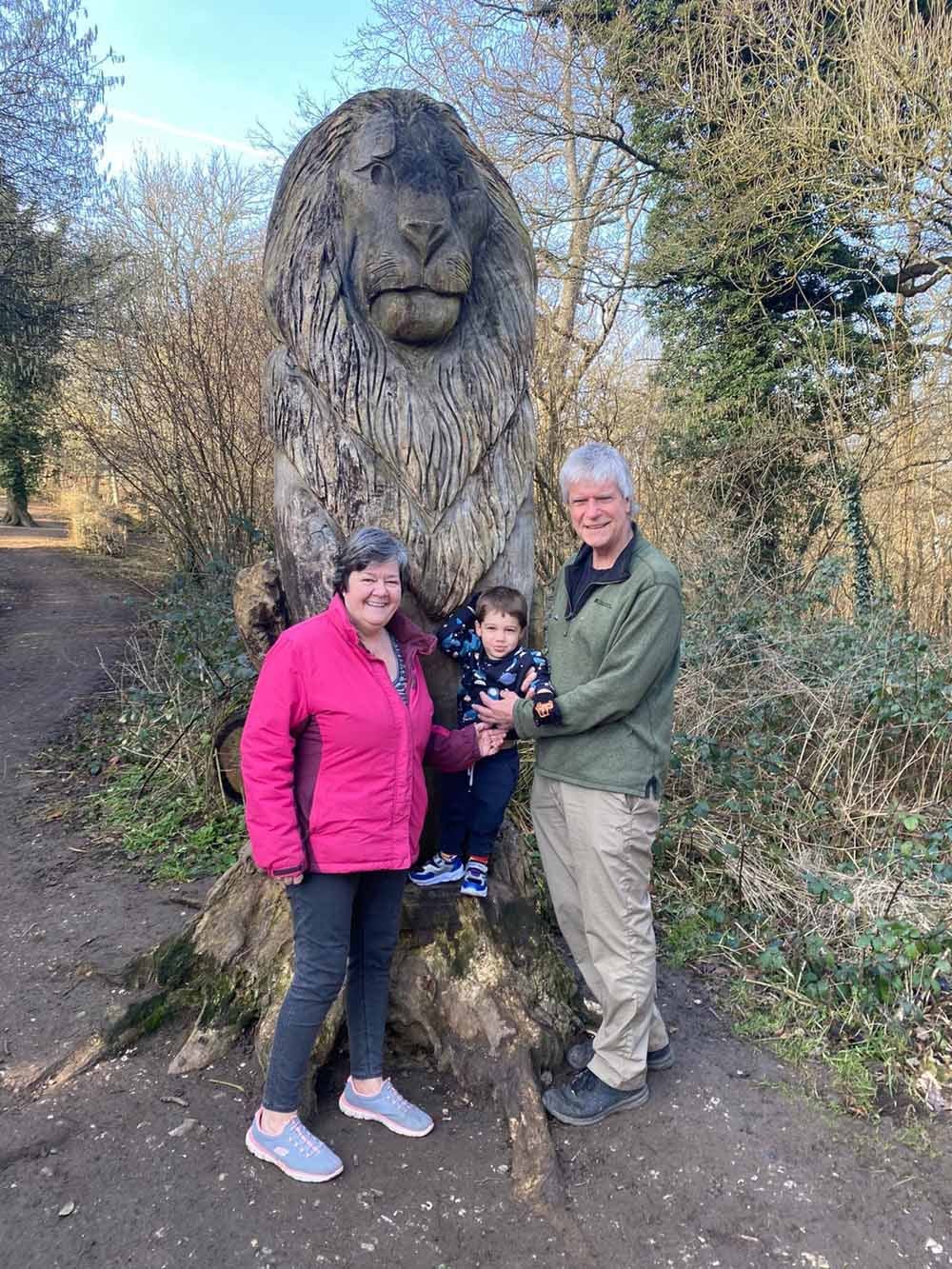
Richard said: “I’ve been on the trial immunotherapy for six months now and, while I was told over a year ago that I had just 12 months to live.
“I haven’t had a new prognosis but my cancer has not only stabilised, some of the tumours have also shrunk.
“It’s incredible and has given me my life back.”
It was overwhelming to think that I might not have ever met Josh and it was the first time seeing my daughter in five years.
He added: “The biggest difference that I’ve noticed as well is that this has the least amount of side effects I have experienced while on treatment, so I have been able to go about my normal life.”
As Richard’s health continues to come on in leaps and bounds, he is also very happy to have had a very special visitor.
He said: “My daughter came over with my grandson from Australia which was just a dream.”
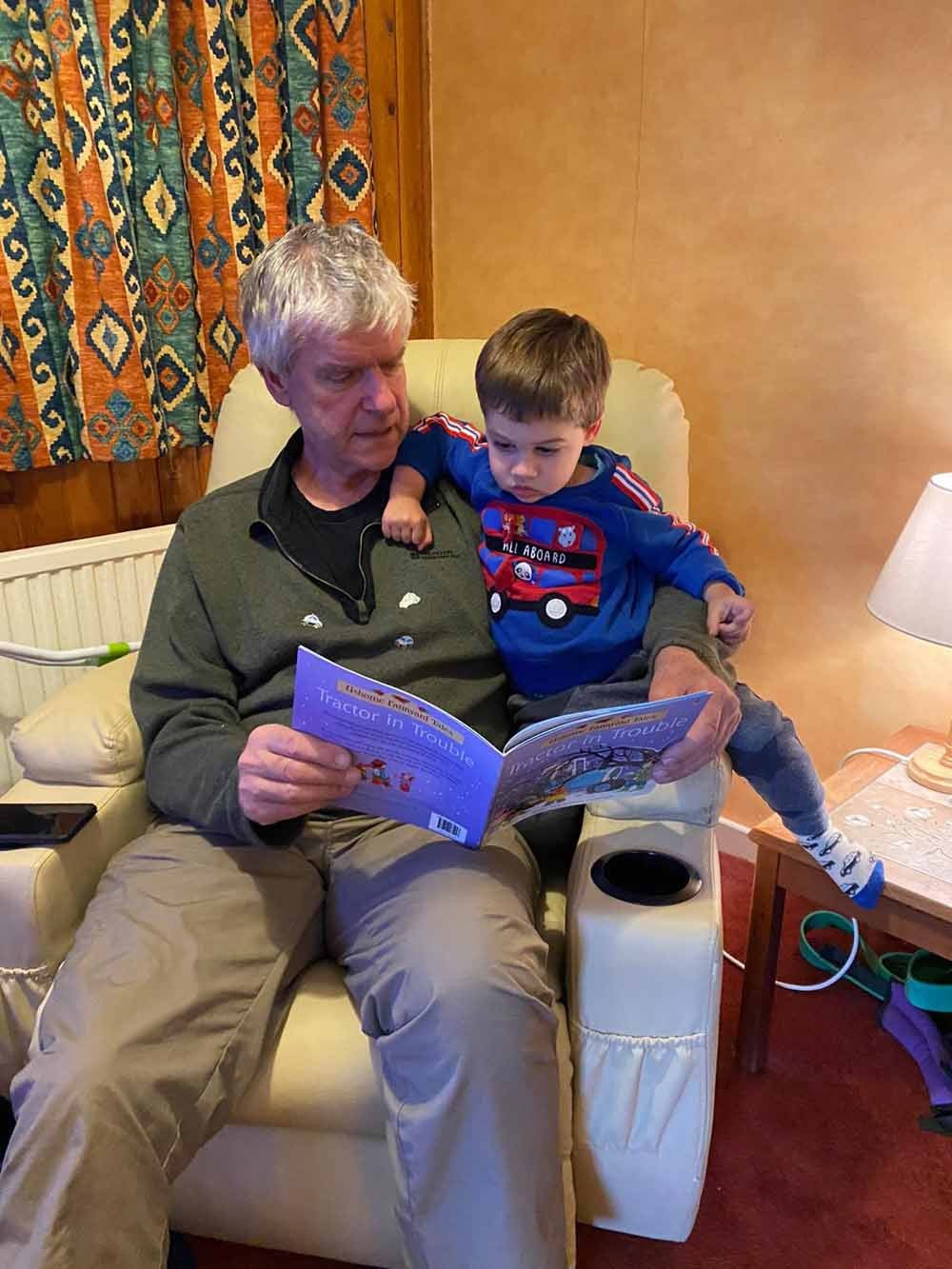
He added: “They were here for three weeks and we had a great time. It was overwhelming to think that I might not have ever met Josh and it was the first time seeing my daughter in five years.
“On the last full day and the morning that they were due to go home, I was very emotional, not knowing if I’ll ever see them again.
“My cancer is unpredictable. It’s responding to treatment now but that could change.”
It’s given me the prospect of a future with my grandkids.
He added: “Still, Catherine is now pregnant with her second child and I have hope that I’ll get to meet the little one when they arrive too.”
The future looks bright for Richard, who plans to take part in The Banham Marsden March, which raises money for The Royal Marsden Cancer Charity, next month.
He said: “I didn’t take part in the charity walk the first year I was diagnosed because I was too poorly, but I’ve done every walk since.”
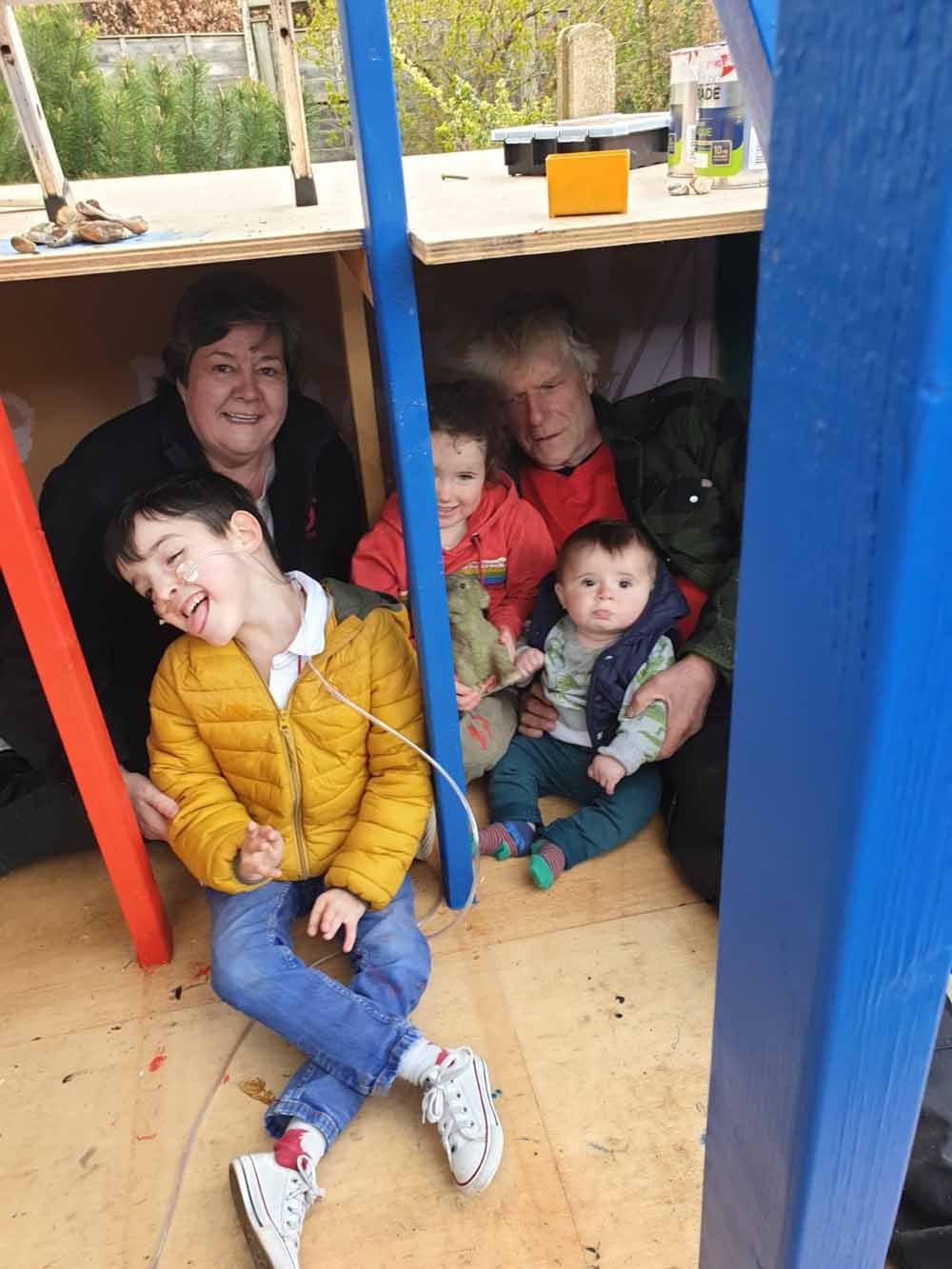
This May marks Richard’s sixth time taking part in the 15-mile walk between the hospital’s sites in Chelsea, west London, and Sutton in Surrey.
He said: “It’s a small way to repay the hospital that has been keeping me alive.
“I’ll stay on the trial treatment for as long as it continues to work, which I feel very lucky to be on.”
It’s incredible and has given me my life back.
He added: “It’s given me the prospect of a future with my grandkids.”
The trial’s UK lead Dr Juanita Lopez, a consultant medical oncologist at The Royal Marsden NHS Foundation Trust, is pleased with its progress.
She said: “Natural killer cells are an essential part of the immune system and are able to recognise cancer cells. This new immunotherapy, AFM24, can redirect natural killer cells to tumours by targeting a protein called EGFR, which is often found on the surface of cancer cells.”
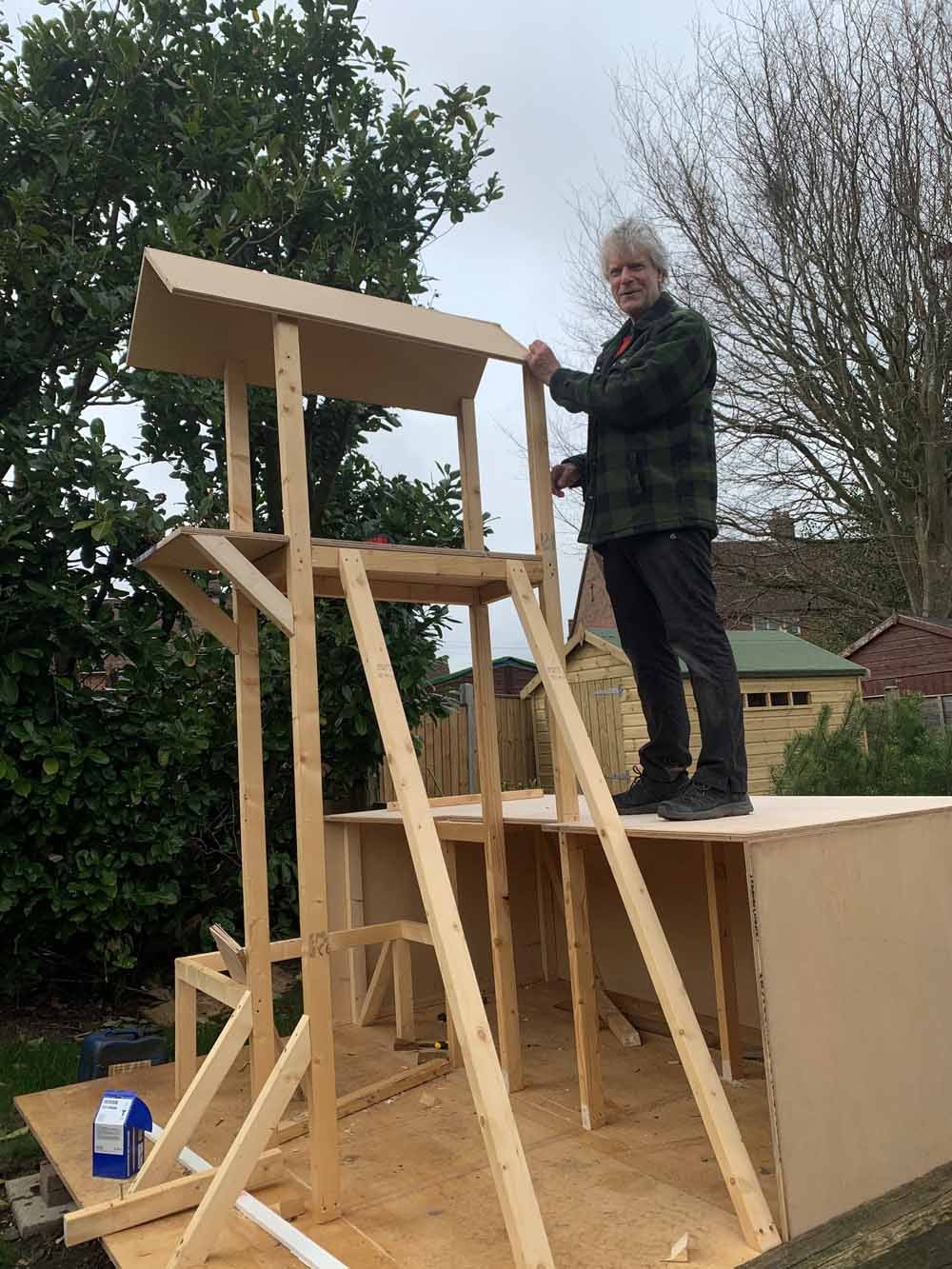
She added: “Our early findings suggest it shows signs of effectiveness in some patients with very advanced cancers who have stopped responding to conventional treatments.
“This treatment is still highly experimental and our trial is at an early stage, but we are excited by its potential.
“It does not have to be personalised for each patient like CAR-T cell therapy, so it could potentially be cheaper and faster to use and might work against a wider range of cancers.”
· Sign up to The Banham Marsden March at royalmarsden.org/march
Bookmark popover
Removed from bookmarks